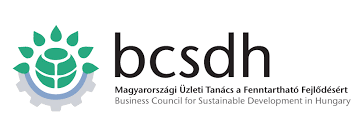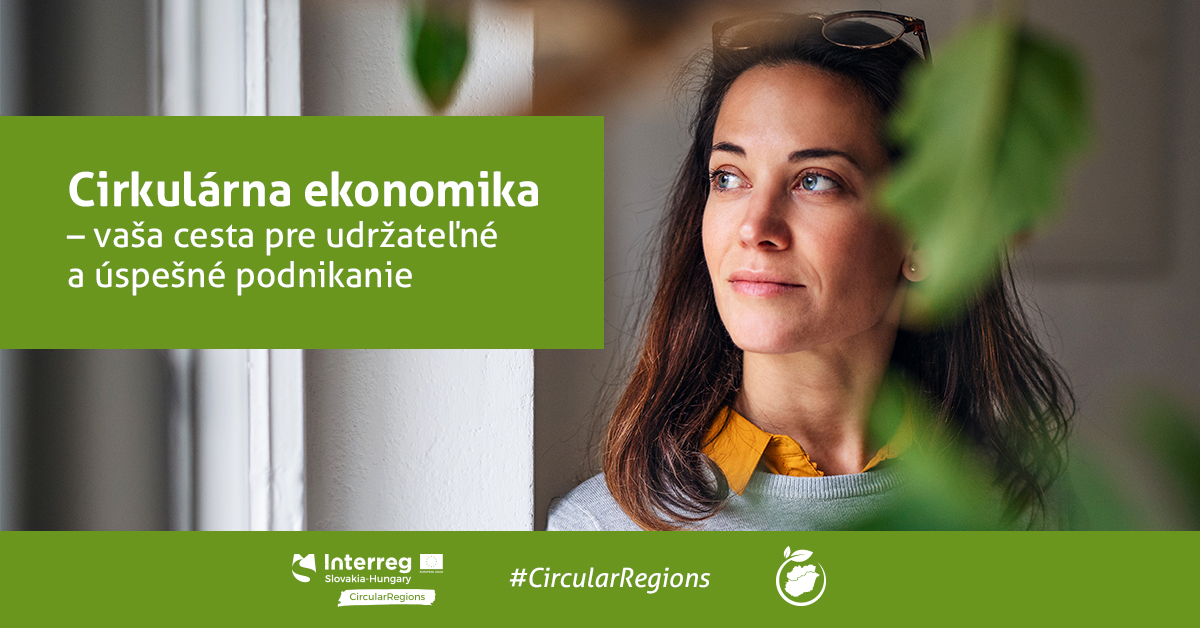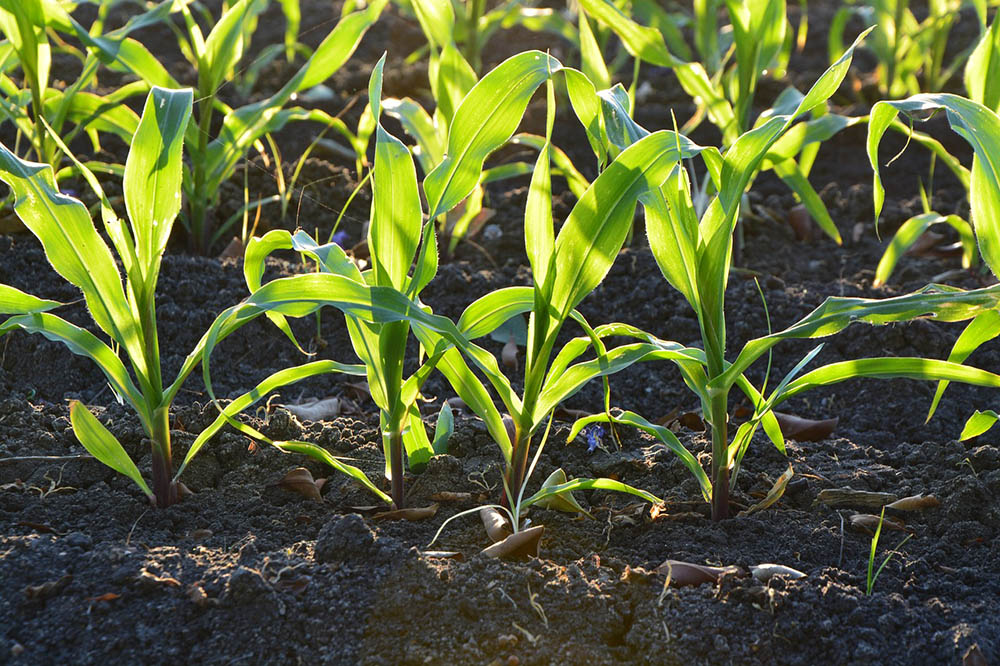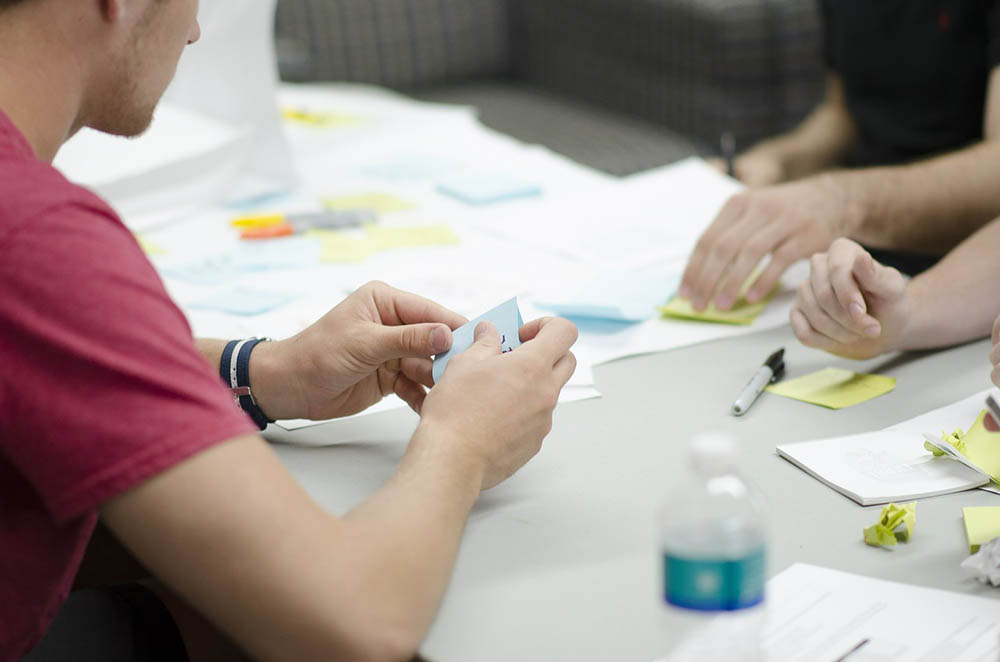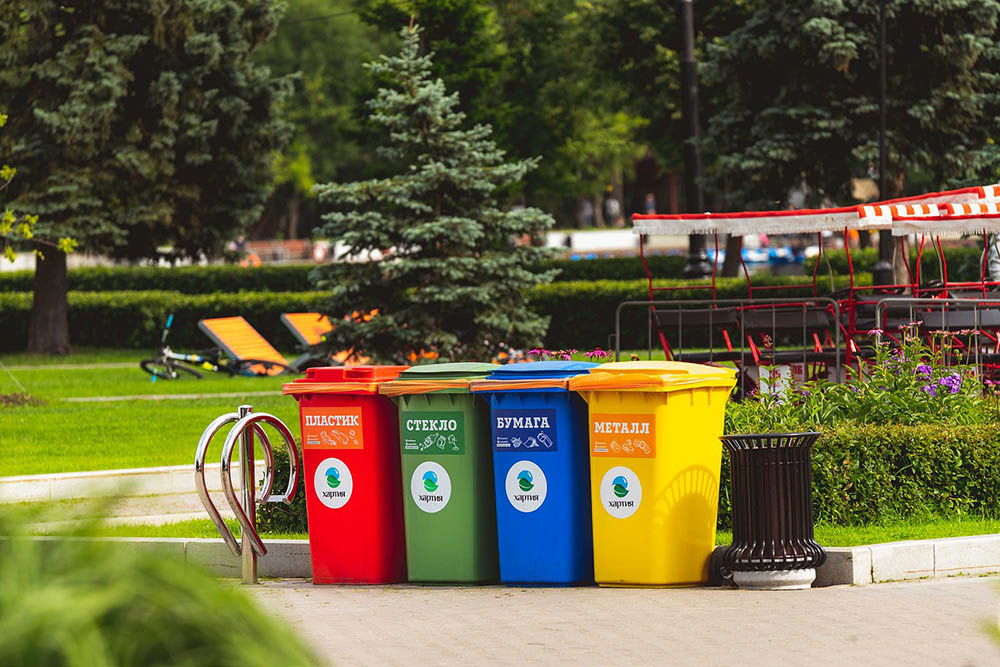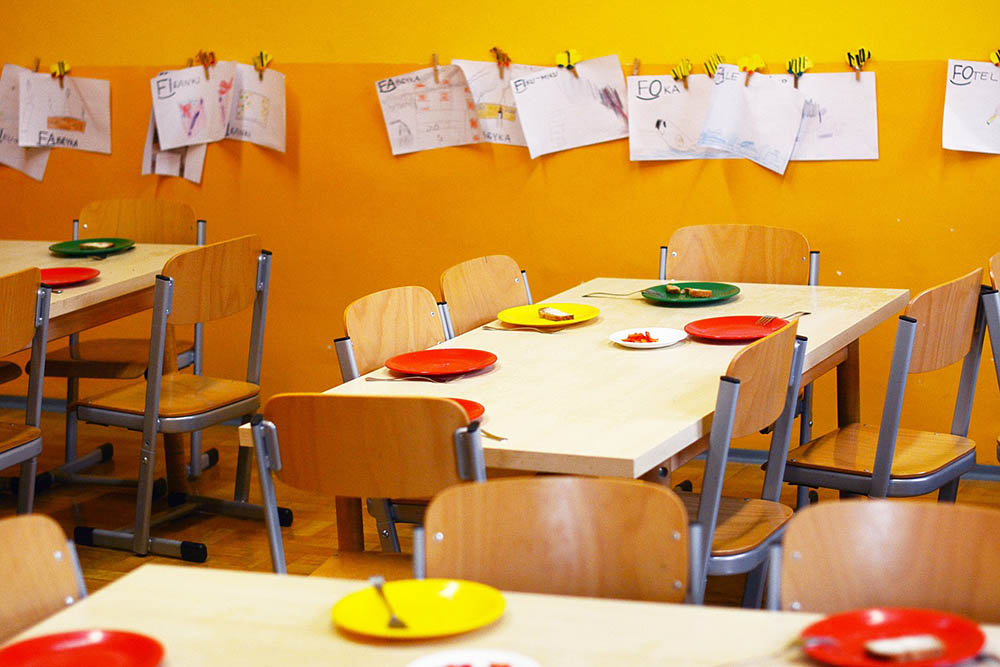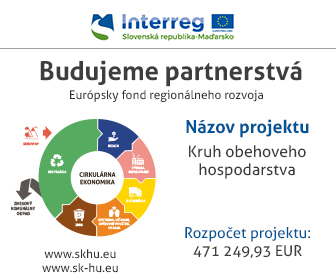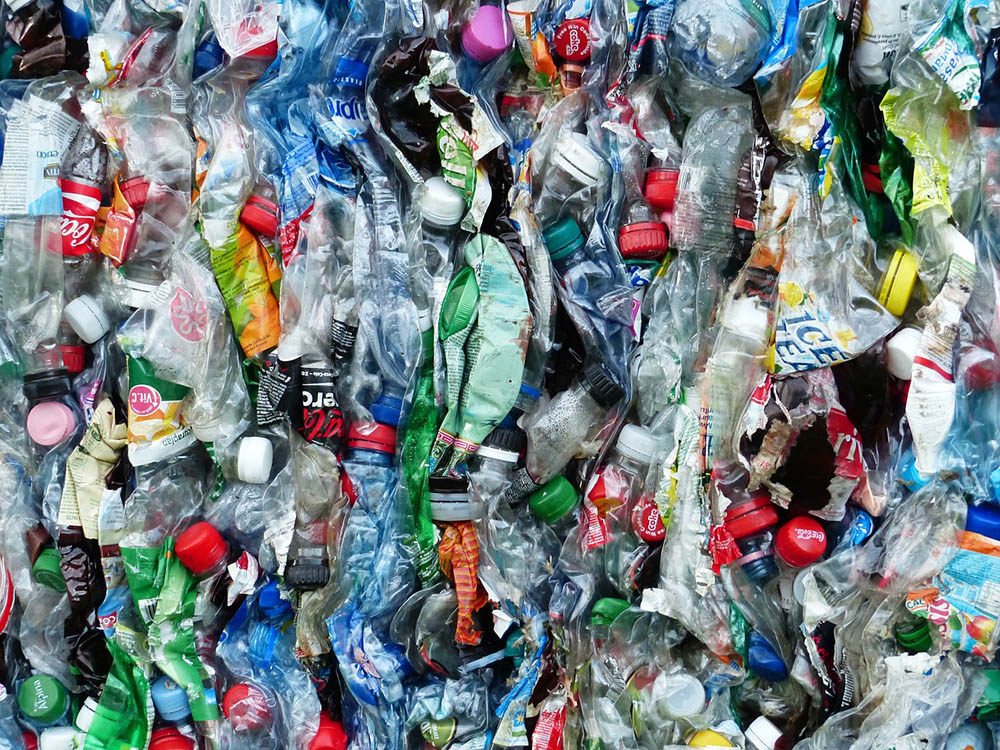Despite the fact that several activities have been carried out in Slovakia and Hungary since the adoption of the EU Strategy and Circular Economy Action Plan in 2015, both countries still significantly lag behind the circular economy and eco-innovation leaders as well as the EU-27 average. In 2018, Slovakia and Hungary ranked 23rd and 22nd in the Eco-Innovation Index, being among the poorest performers in EU-27. Both countries deliver poor results in terms of material efficiency, municipal waste management, scientific research and innovation activity of small and medium-sized enterprises.
In order to accelerate the transmission of circular economy principles to the business sector, the partner organizations arranged multiple activities to deal with the shortcomings. Partners conducted a mapping of the cross border regions and collected sector-specific insights and information about the main barriers in closing the loops on the side of companies. Further to that, they prepared training materials on topics related to circular economy and about the ways to assess a circularity level of an organization. As there is a constant lack of circular economy experts and their concentration is mainly in the capitals, the partners organized training workshops with selected professionals from the field. These also served partner organizations to extend their portfolio of services and advise the organizations on how they can improve their circularity level. Based on specific meetings with SMEs and stakeholders, the partners identified concrete measures, which were integrated into reports with best practices that can serve the public. On top of that, partners strengthened the network of stakeholders with potential to apply principles of circular economy. For that purpose, they also developed a concept of the circularity service, which brought these principles closer to the regions.
Partners: Slovak Business Agency, Institute for circular Economy, Magyarországi Üzleti Tanács a Fenntartható Fejlődésért, IFKA Közhasznú Nonprofit Kft

Vedúci partner

Projektový partner
